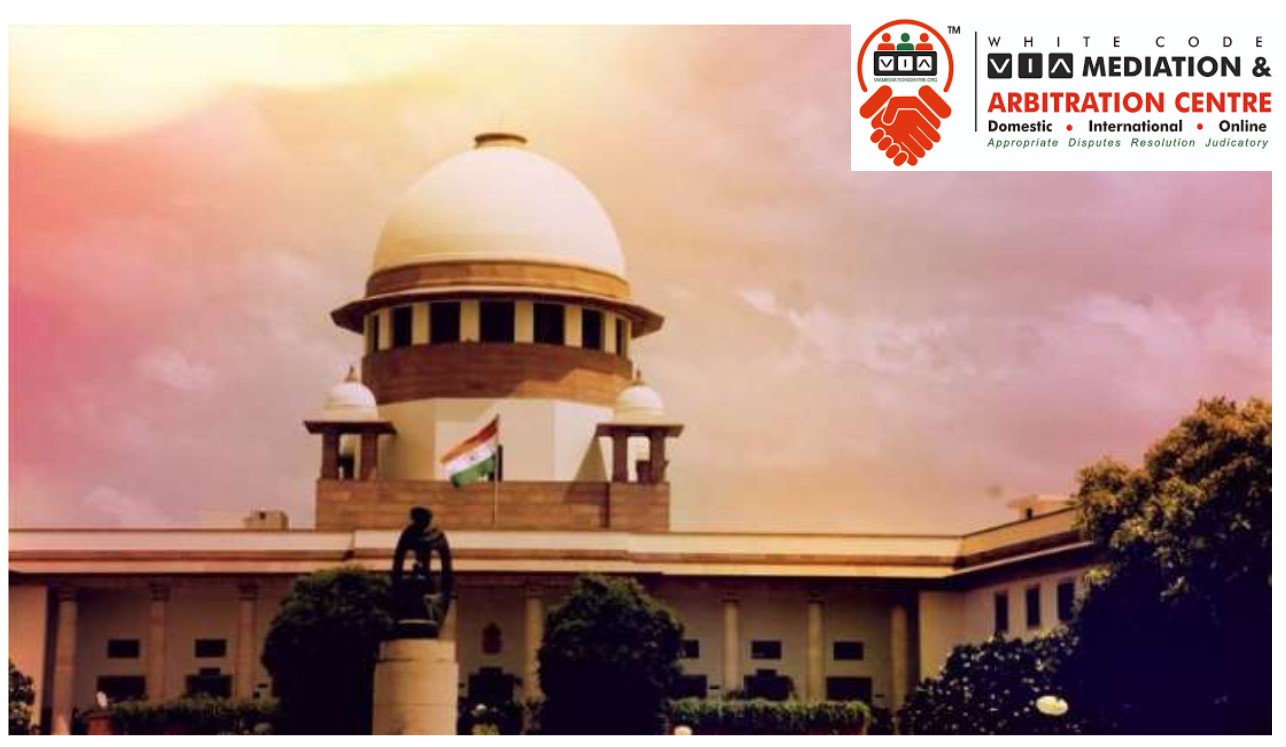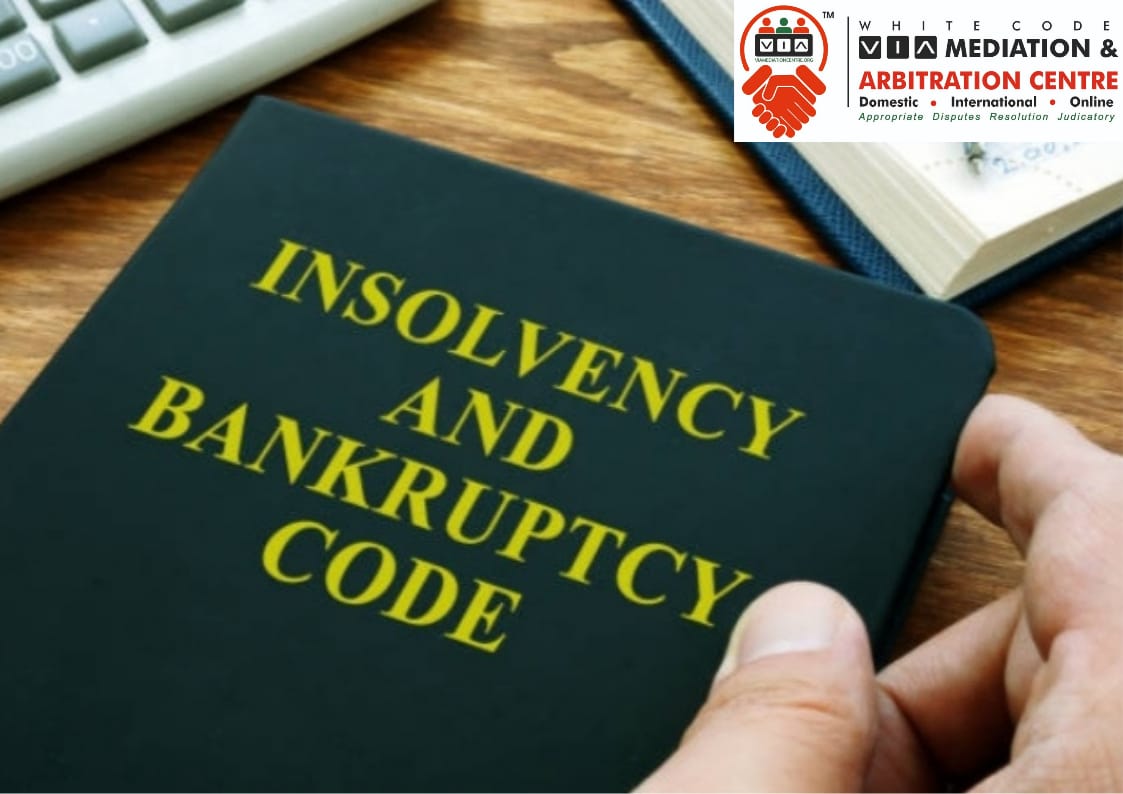Latest News
SANJIV PRAKASH v. SEEMA KUKREJA AND ORS.

SANJIV PRAKASH
versus
SEEMA KUKREJA AND ORS.
CIVIL APPEAL NO. 976 OF 2021
Supreme Court’s Verdict
The Court extensively discussed the law laid down in the recent judgment in Vidya Drolia v. Durga Trading Corporation, (2021) 2 SCC 1. It was held that Section 11 Court is not empowered to determine whether an arbitration agreement is in existence or not. In the said judgment, it was held that for the Section 11 court to decide any matter, the “existence of an arbitration agreement” is mandatory. Whether or not an arbitration agreement exists is a question to be determined by the Arbitral Tribunal.
“Existence of an arbitration agreement presupposes a valid agreement which the court would enforce by relegating the parties to the arbitration. The legalistic and plain meaning interpretation would be contrary to the contextual background, including the definition clause, and would result in unpalatable consequences. A reasonable and just interpretation of “existence” requires understanding the context, the purpose and the relevant legal norms applicable for a binding and enforceable arbitration agreement. An agreement evidenced in writing has no meaning unless the parties can be compelled to adhere to and abide by the terms. A party cannot sue and claim rights based on an unenforceable document. Thus, there are good reasons to hold that an arbitration agreement exists only when it is valid and legal. A void and unenforceable understanding is no agreement to do anything. The existence of an arbitration agreement means an arbitration agreement that meets and satisfies the statutory requirements of both the Arbitration Act and the Contract Act and when it is enforceable in law.
Section 11 does not prescribe any standard of judicial review by the court to determine whether an arbitration agreement exists. Section 8 states that the judicial review at the stage of reference is prima facie and not final. Prima facie standard equally applies when the court exercises the power of judicial review under Section 11 of the Arbitration Act. Therefore, we can read the mandate of a valid arbitration agreement in Section 8 into the mandate of Section 11, that is, “the existence of an arbitration agreement”.”
Hence, the court by default would refer to the matter when contentions relating to non-arbitrability are arguable; when considered in summary proceedings would be insufficient and inconclusive; when facts are contested; when the party opposing arbitration adopts delaying tactics or impairs conduct of arbitration proceedings.
“This is not the stage for the court to enter into a mini-trial or elaborate review to usurp the jurisdiction of the Arbitral Tribunal but to affirm and uphold integrity and efficacy of arbitration as an alternative dispute resolution mechanism.”
Applying the test above, the Court said that it is evident that
“whether the MoU has been novated by the SHA dated 12.04.1996 requires a detailed consideration of the clauses of the two Agreements, together with the surrounding circumstances in which these agreements were entered into, and full consideration of the law on the subject. None of this can be done given the limited jurisdiction of a court under Section 11 of the 1996 Act.”
The Court said that the detailed arguments on whether an agreement that contains an arbitration clause has or has not been novated could not possibly be decided in the exercise of a limited prima facie review as to whether an arbitration agreement exists between the parties.
Also, this case does not fall within the category of cases that ousts arbitration altogether, such as matters which are in rem proceedings or cases which, without doubt, concern minors, lunatics or other persons incompetent to contract.
“A Section 11 court would refer to the matter when contentions relating to non-arbitrability are arguable or when facts are contested. The court cannot, at this stage, enter into a mini-trial or detailed review of the facts and law which would usurp the jurisdiction of the arbitral tribunal.”
This Article Does Not Intend To Hurt The Sentiments Of Any Individual Community, Sect, Or Religion Etcetera. This Article Is Based Purely On The Authors Personal Views And Opinions In The Exercise Of The Fundamental Right Guaranteed Under Article 19(1)(A) And Other Related Laws Being Force In India, For The Time Being. Further, despite all efforts made to ensure the accuracy and correctness of the information published, White Code VIA Mediation and Arbitration Centre shall not be responsible for any errors caused due to human error or otherwise.
- CIVIL APPEAL NO. 976 OF 2021
- Supreme Court’s Verdict
- Supreme Court’s Verdict































































































































































































































































































































































































































































































































































































































































































































































































































































































































































































































































































































































































































































































































































































































































